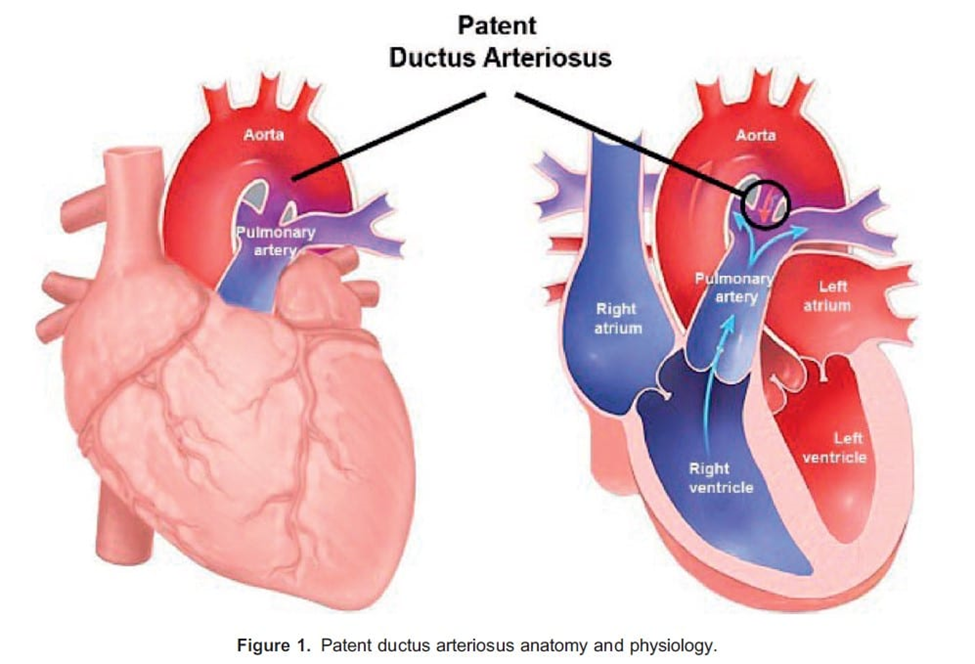A nurse is teaching a school-age child and their parents about managing diabetes mellitus during illness. The nurse should determine that the teaching has been effective when the parents indicate they will provide which of the following when the child is ill?
Decreased calories
Increased fluids
Blood glucose monitoring every 8 hr
Urine testing for leukocytes
The Correct Answer is B
A. Decreased calories:
During illness, it's important to ensure adequate calorie intake to meet the body's increased energy demands for fighting off infection. Decreasing calories is not appropriate and can lead to hypoglycemia in a child with diabetes mellitus.
B. Increased fluids:
This is the correct option. During illness, the body's fluid requirements increase due to fever, sweating, and increased urination. Providing increased fluids helps prevent dehydration, which can exacerbate hyperglycemia. Parents should encourage the child to drink plenty of water or other sugar-free fluids to stay hydrated.
C. Blood glucose monitoring every 8 hr:
During illness, blood glucose levels may fluctuate more than usual due to changes in food intake, activity level, and the body's response to stress. Therefore, more frequent blood glucose monitoring is necessary, typically every 2-4 hours or as directed by the healthcare provider, rather than every 8 hours.
D. Urine testing for leukocytes:
Urine testing for leukocytes is not directly related to managing diabetes mellitus during illness. It may be done to assess for urinary tract infections, which can occur more frequently in individuals with diabetes, but it is not a routine part of diabetes management during illness.
Nursing Test Bank
Naxlex Comprehensive Predictor Exams
Related Questions
Correct Answer is B
Explanation
A. Coarctation of the aorta
Coarctation of the aorta involves a narrowing of the aorta, leading to decreased blood flow to the lower body. It is not associated with increased pulmonary blood flow.
B. Patent ductus arteriosus
Patent ductus arteriosus (PDA) is a congenital heart defect where the ductus arteriosus, a fetal blood vessel that usually closes shortly after birth, remains open. This allows blood to flow from the aorta into the pulmonary artery, increasing pulmonary blood flow. Therefore, option B is correct.
C. Tetralogy of Fallot
Tetralogy of Fallot is a congenital heart defect characterized by four abnormalities, including a ventricular septal defect (VSD), pulmonary stenosis, right ventricular hypertrophy, and an overriding aorta. While it can lead to cyanosis due to right-to-left shunting, it is not primarily associated with increased pulmonary blood flow.
D. Tricuspid atresia
Tricuspid atresia involves the absence of the tricuspid valve, leading to a lack of direct blood flow from the right atrium to the right ventricle. It usually presents with decreased pulmonary blood flow rather than increased pulmonary blood flow.

Correct Answer is A
Explanation
A. Preschoolers believe their illness is punishment for their misbehavior:This statement is true. Preschool-aged children often have a limited understanding of illness and may associate it with punishment. They might think that their illness is a consequence of something they did wrong. As a nurse, it’s essential to address these misconceptions and provide age-appropriate explanations to help them understand their condition better.
B. Preschoolers are interested in what happens to the body after death: Preschoolers may have curiosity about death and what happens afterward, but their understanding is typically limited. They may ask simple questions about death and may need age-appropriate explanations about the concept. Providing information in a sensitive and honest manner can help address their curiosity and alleviate fears.
C. Adolescents worry more about death than the physical changes that can occur as a result of the illness: Adolescents facing terminal illness may have complex emotions and concerns about both death and the physical changes associated with their illness. It's important to acknowledge and address both aspects of their experience, providing opportunities for adolescents to express their feelings and concerns in a supportive environment.
D. Toddlers personify death as being a type of monster: Toddlers often have limited understanding of death and may personify it in different ways, including as a monster or some other abstract concept. It's essential for guardians to provide comfort and reassurance to toddlers who may experience fear or confusion about death. Providing simple and concrete explanations about death, tailored to their developmental level, can help alleviate anxiety.
Whether you are a student looking to ace your exams or a practicing nurse seeking to enhance your expertise , our nursing education contents will empower you with the confidence and competence to make a difference in the lives of patients and become a respected leader in the healthcare field.
Visit Naxlex, invest in your future and unlock endless possibilities with our unparalleled nursing education contents today
Report Wrong Answer on the Current Question
Do you disagree with the answer? If yes, what is your expected answer? Explain.
Kindly be descriptive with the issue you are facing.
